In an era of increasing environmental consciousness, both consumers and businesses are prioritizing sustainability. Traditional plastic cushioning materials—such as bubble wrap, foam, and air pillows—remain widely used for packaging, yet their non-biodegradable nature poses serious environmental concerns. In response, a range of eco-friendly alternatives has emerged, offering sustainable packaging solutions that maintain effective product protection without harming the planet. Below are some of the most promising options available today.
1. Honeycomb Cushioning Wrap
Made from biodegradable kraft paper. Its unique honeycomb structure, which forms when the paper is stretched, enhances its cushioning performance. This makes it ideal for wrapping and protecting fragile or delicate items such as glassware, vases, plates, and ceramics.

[1] https://www.linkedin.com/pulse/honeycomb-packing-paper-industry-growth-399-cagr-from-prabhavale-j9eic
2. Molded Pulp
Commonly used for egg cartons and electronics, molded pulp is made from recycled paper fibers. It is strong, biodegradable, and offers excellent form-fitting protection.
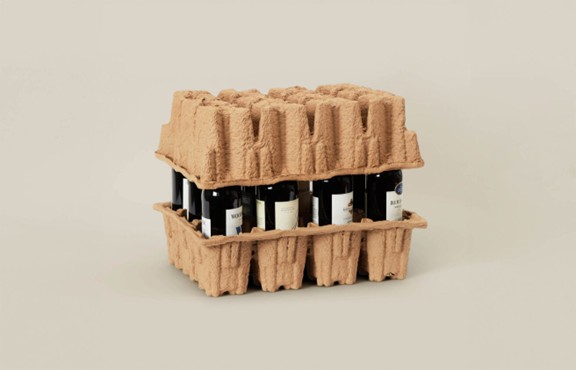
[2] https://www.randwhitney.com/case-studies/molded-pulp-conversion/
3. Popcorn
An edible and compostable material used for small-scale, eco-conscious packaging. It provides cushioning while being easily disposable and safe for the environment.
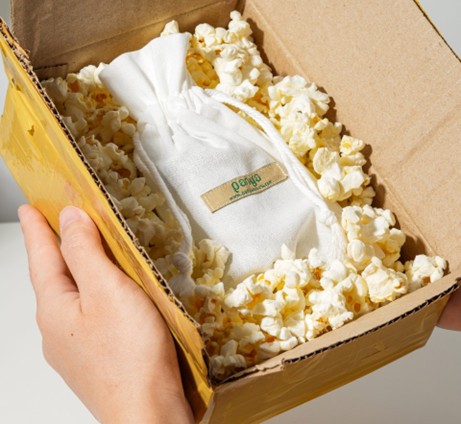
[3] https://www.facebook.com/panyathaioil
4. Biodegradable Packing Peanuts
Used to fill empty spaces in packages, these peanuts are made from natural starches. They dissolve in water and are non-toxic to the environment.
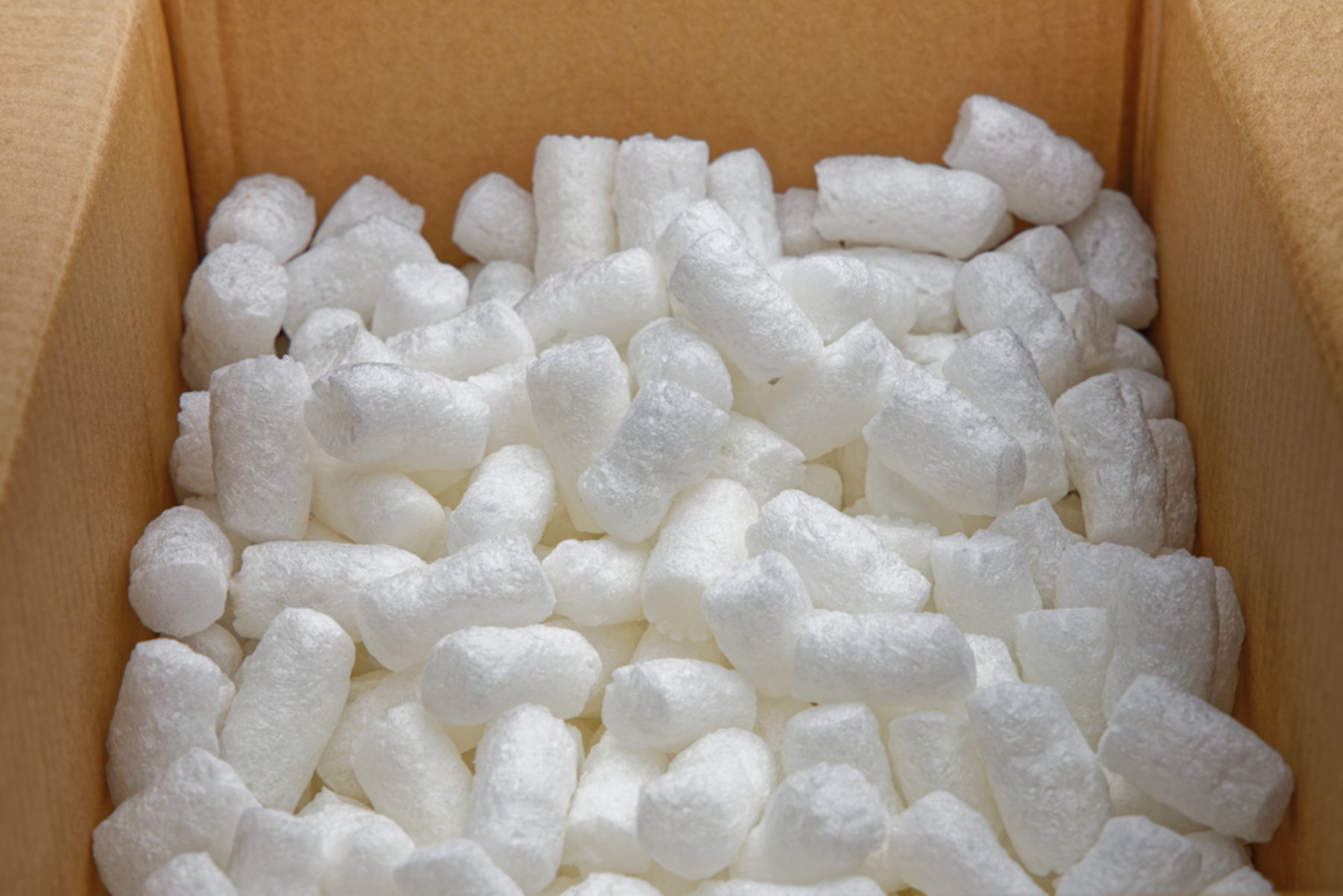
[4] https://deepgreenpermaculture.com/2022/04/10/can-biodegradable-foam-packing-peanuts-be-composted/
5. Biodegradable Air Pillows
These air cushions are made from bioplastic and decompose faster than conventional plastic pillows. They are lightweight and save storage space.
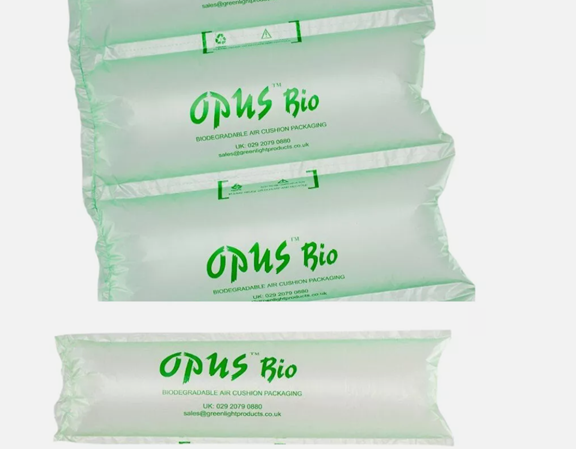
[5] https://www.ebay.co.uk/itm/394449332373
6. Dried Water Hyacinth
This natural material is lightweight, flexible, and often used in artisan or handmade product packaging. It supports local resources and replaces synthetic materials.
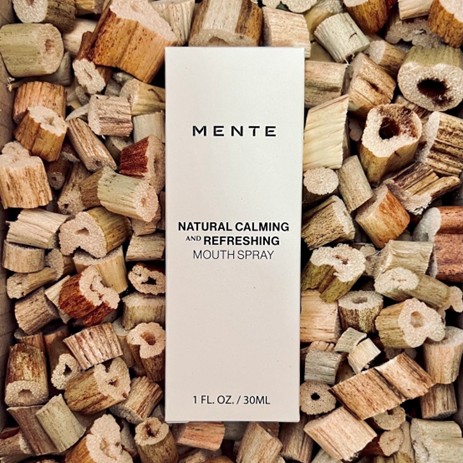
[6] https://www.facebook.com/tobchawa/photos/pb.100064415905322.-2207520000/733161461442834/?type=3
Adopting eco-friendly cushioning materials not only helps reduce plastic waste but also demonstrates a commitment to environmental responsibility. Sustainable alternatives such as honeycomb paper wrap, molded pulp, popcorn, biodegradable packing peanuts, biodegradable air pillows, and dried water hyacinth offer effective protection while minimizing ecological impact. As consumer demand for green practices continues to grow, businesses that embrace these innovative solutions are not only contributing to a healthier planet but also enhancing their brand image and long-term customer trust.
